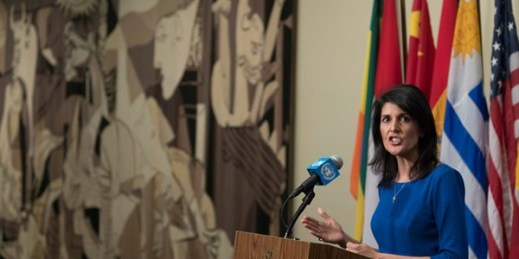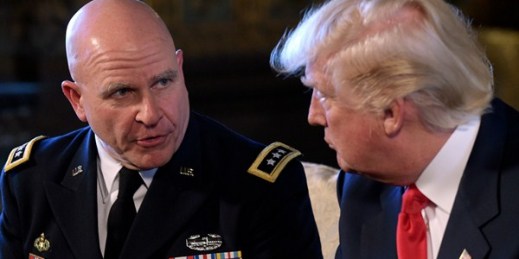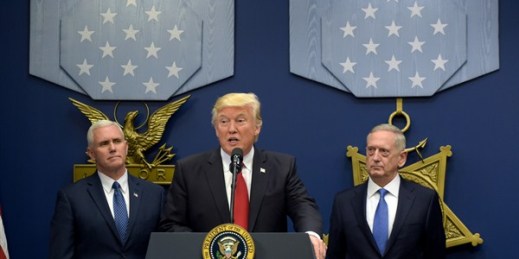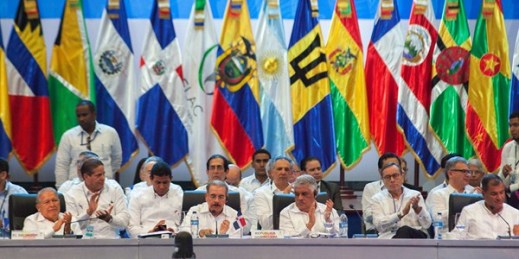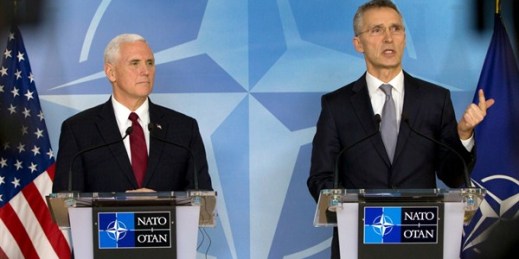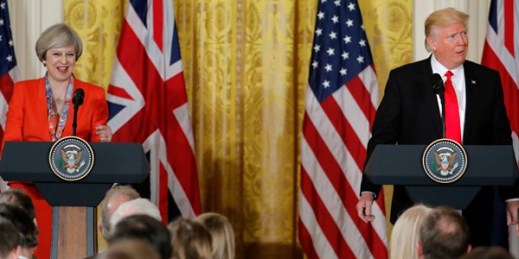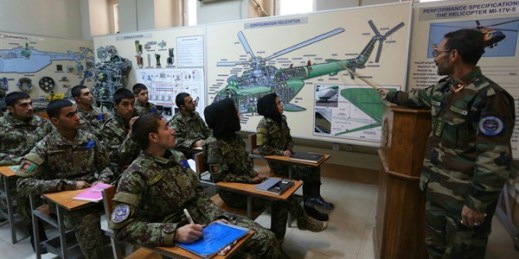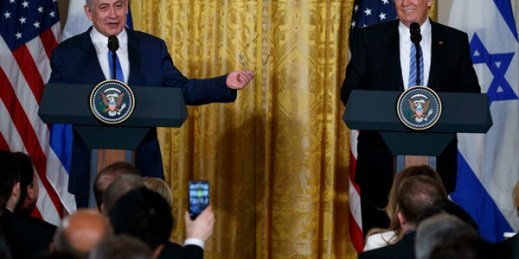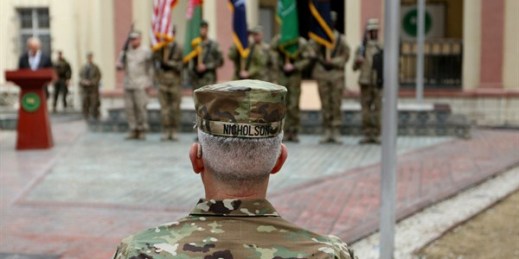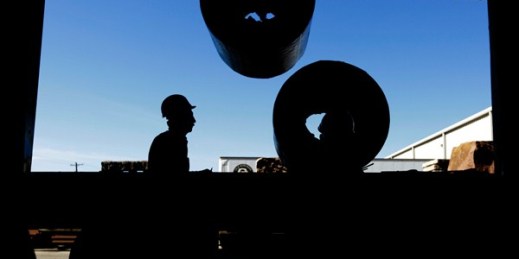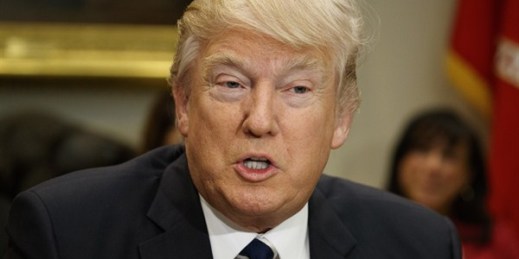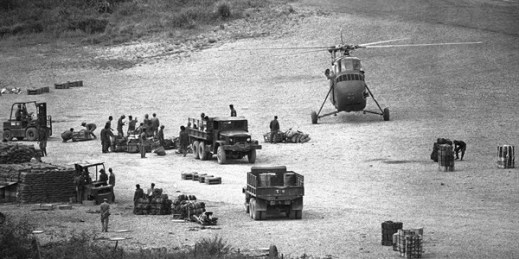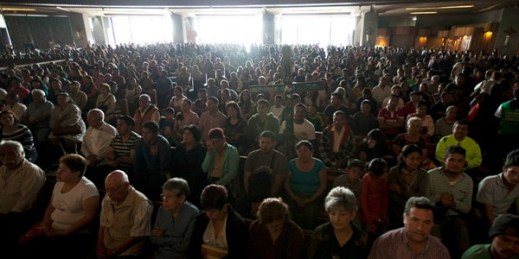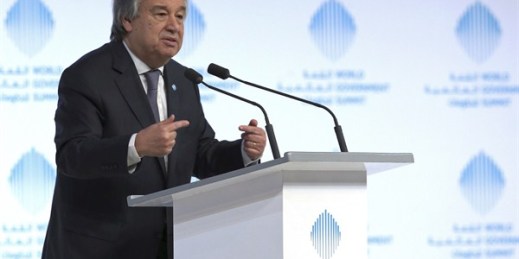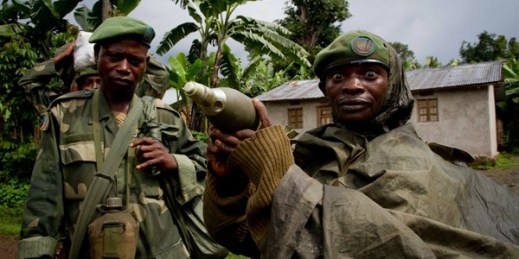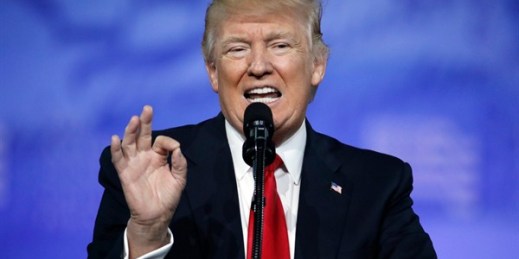
U.S. President Donald Trump, in words and action, favors bilateral relations as the cornerstone of his foreign policy. Special ties to some key countries and leaders will always be important, but his approach is downplaying the value of regional systems and multilateralism, and of their institutions. As a result, it will fall short in protecting American interests in an age of redistributed power and transnational threats. In his first month in office, Trump has held bilateral meetings with the leaders of the U.K., Canada, Japan and Israel, while having one with Mexico’s president canceled. Watching his strangely aggressive handshakes and […]

